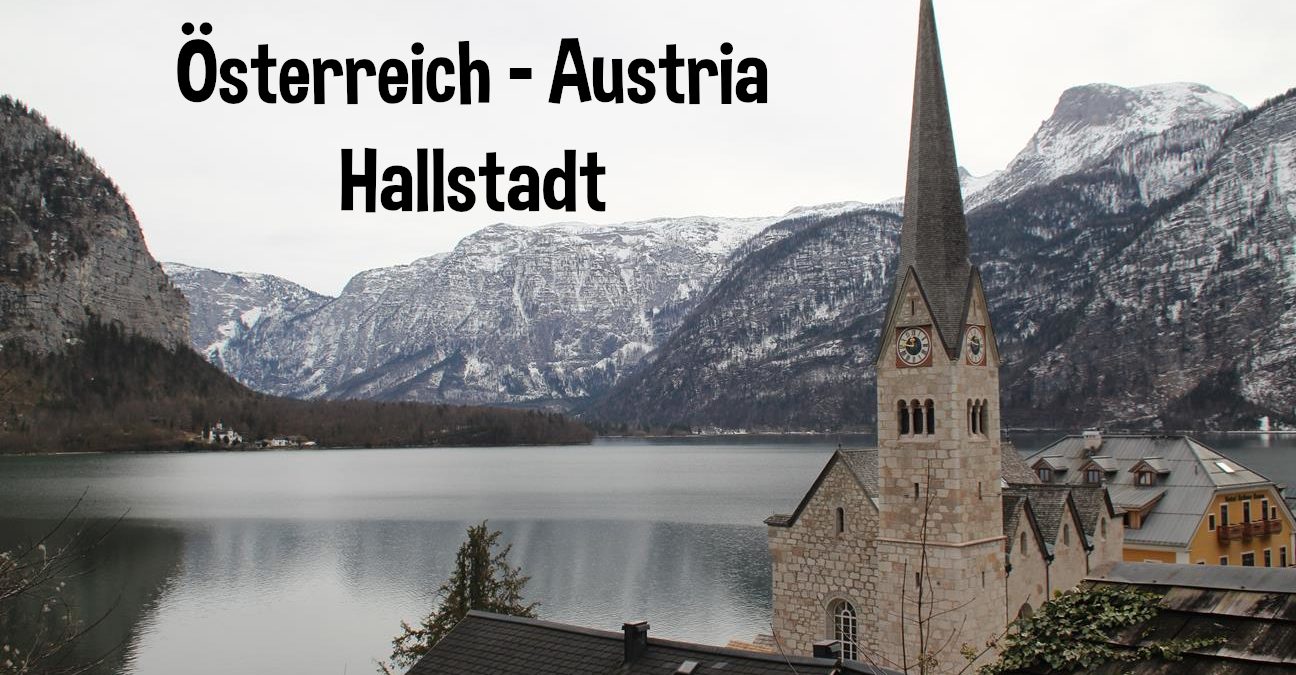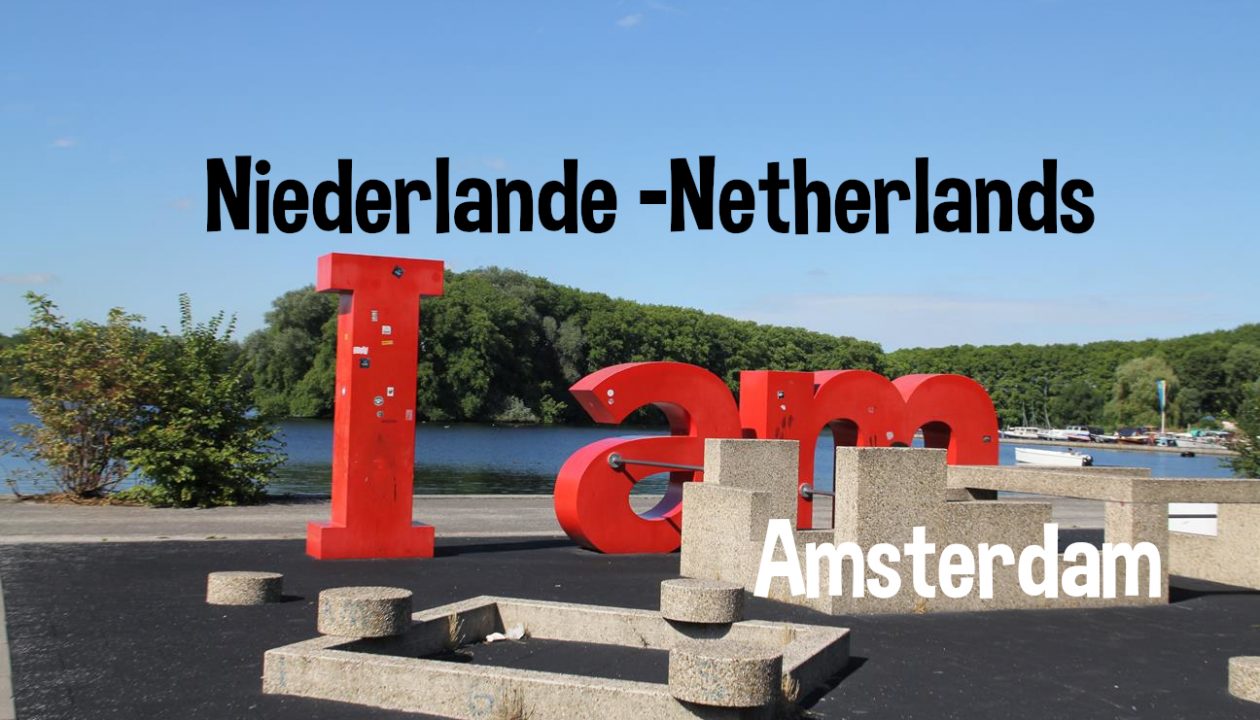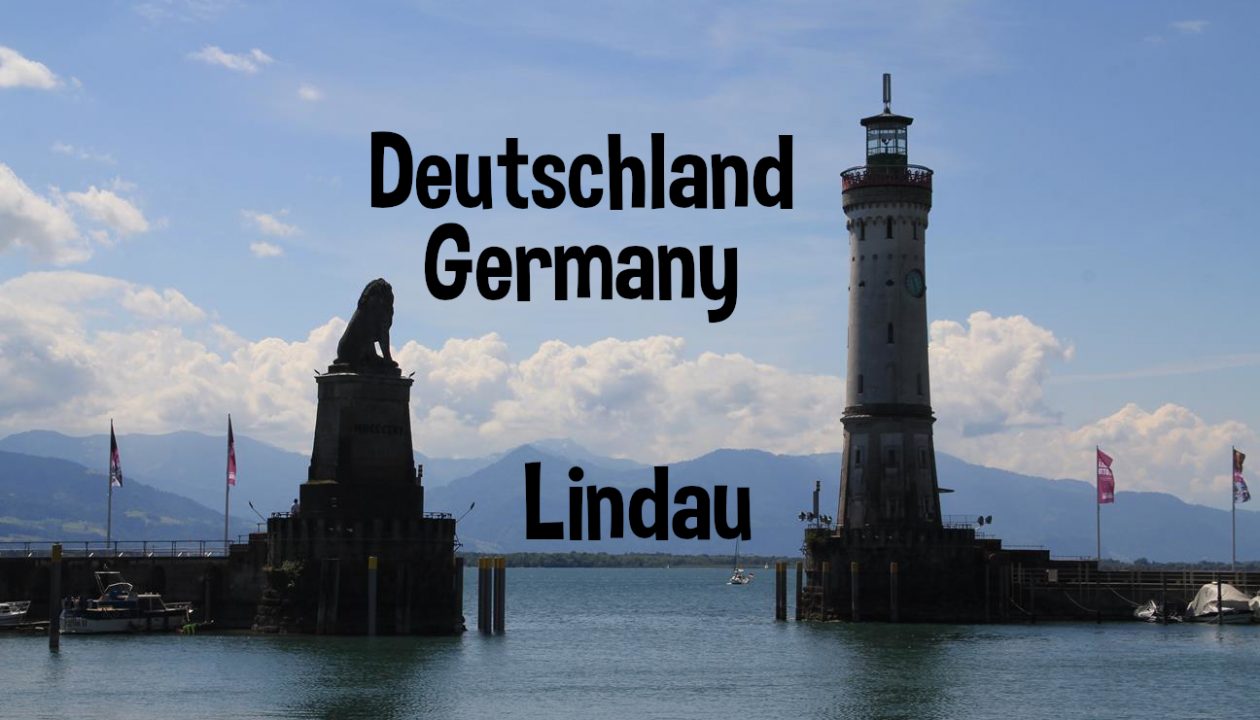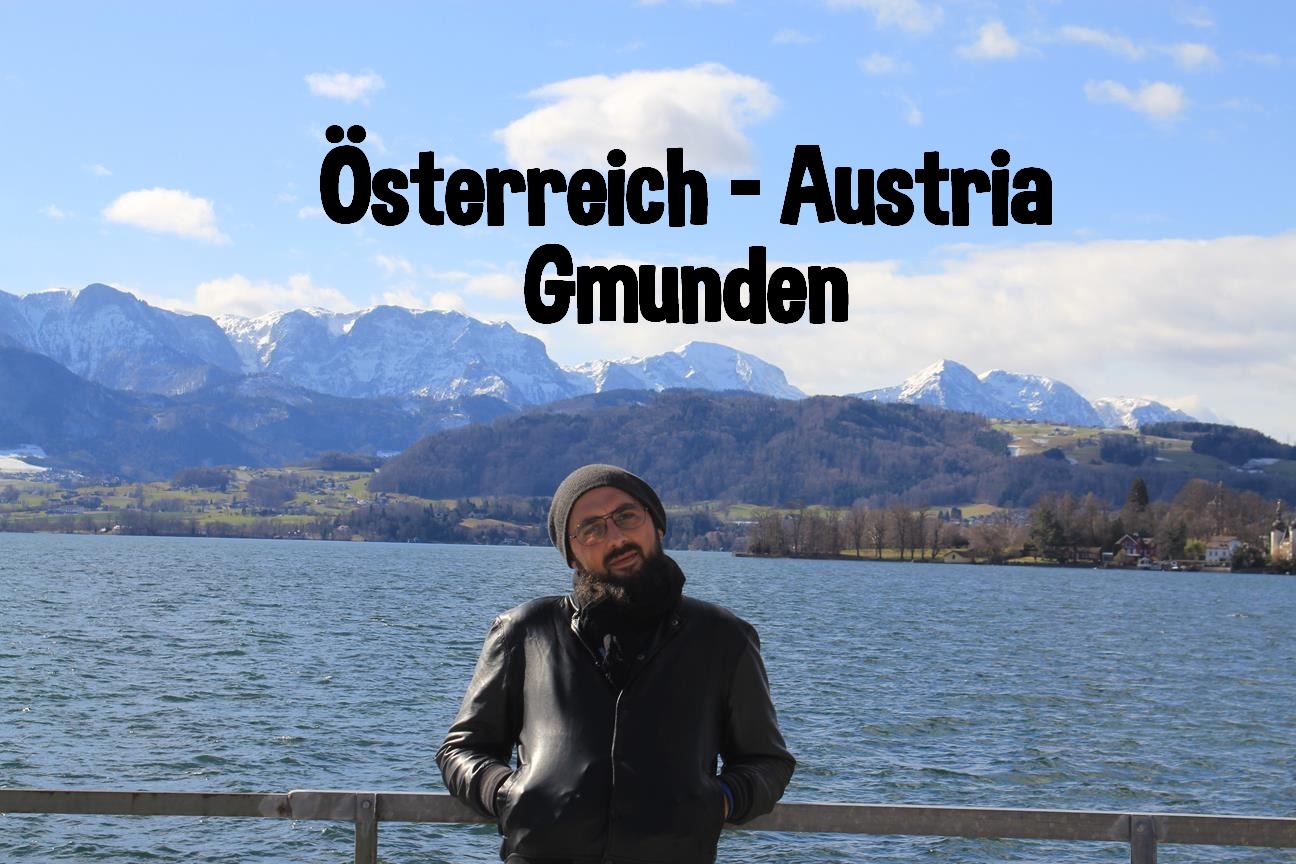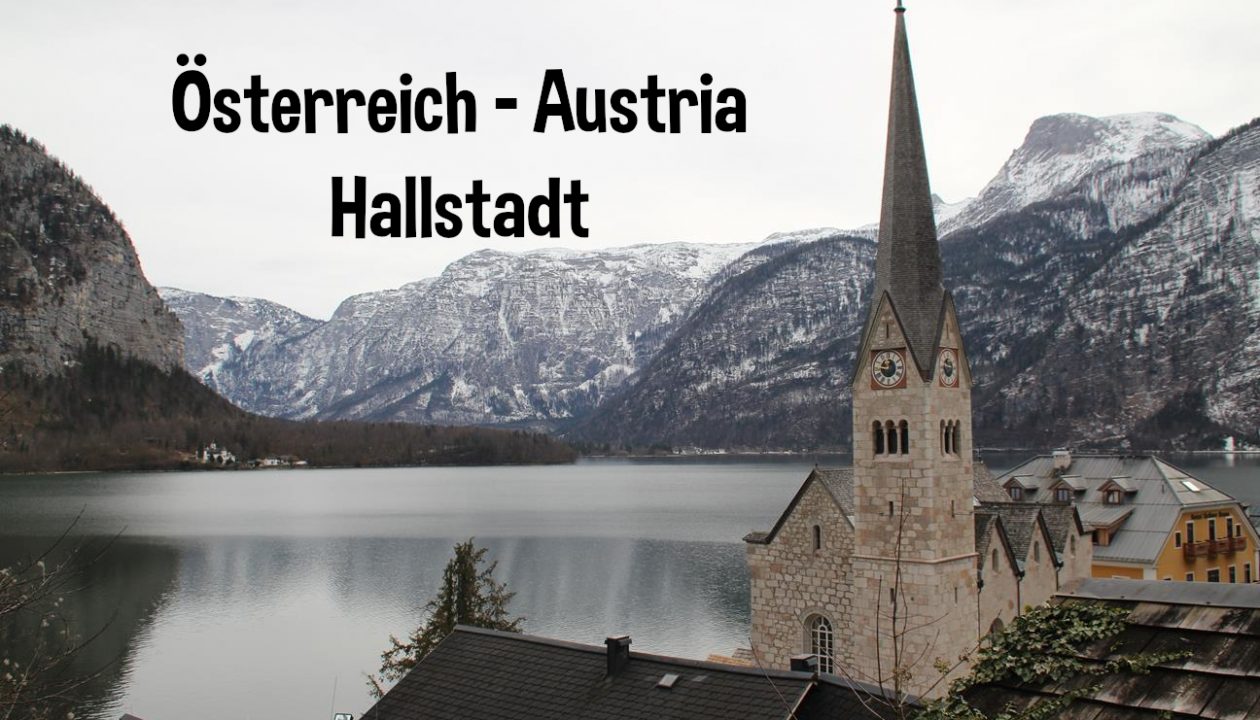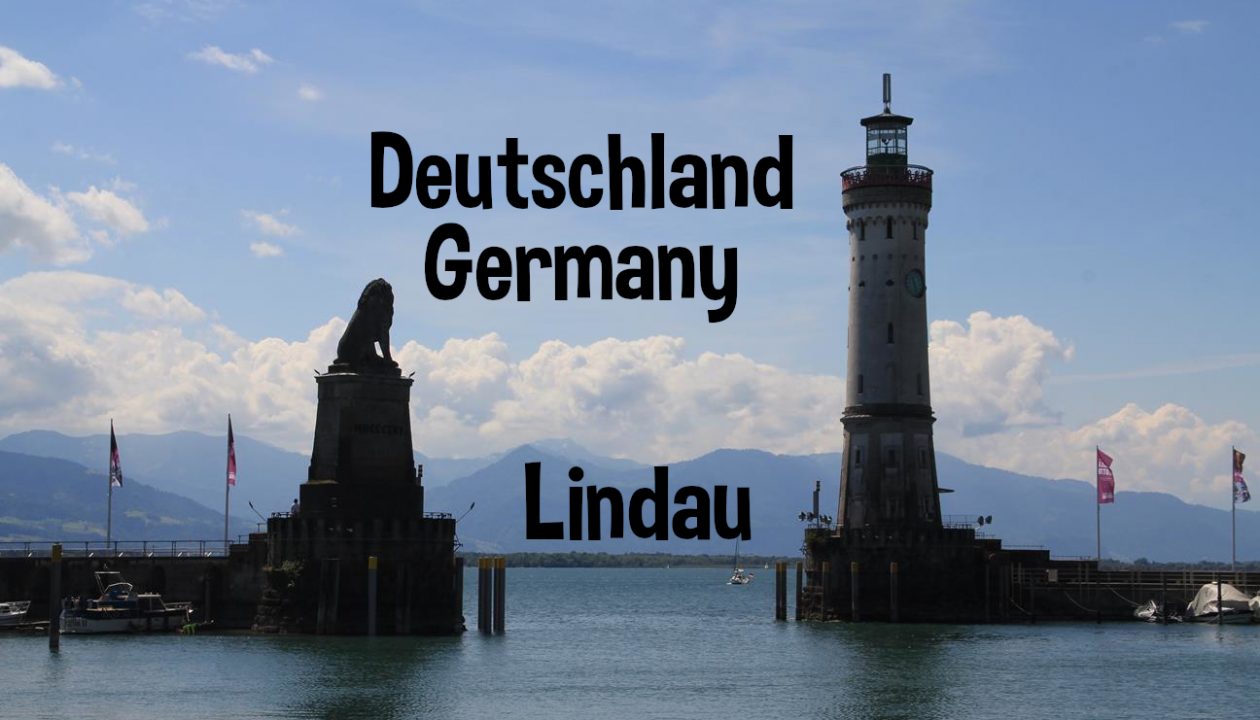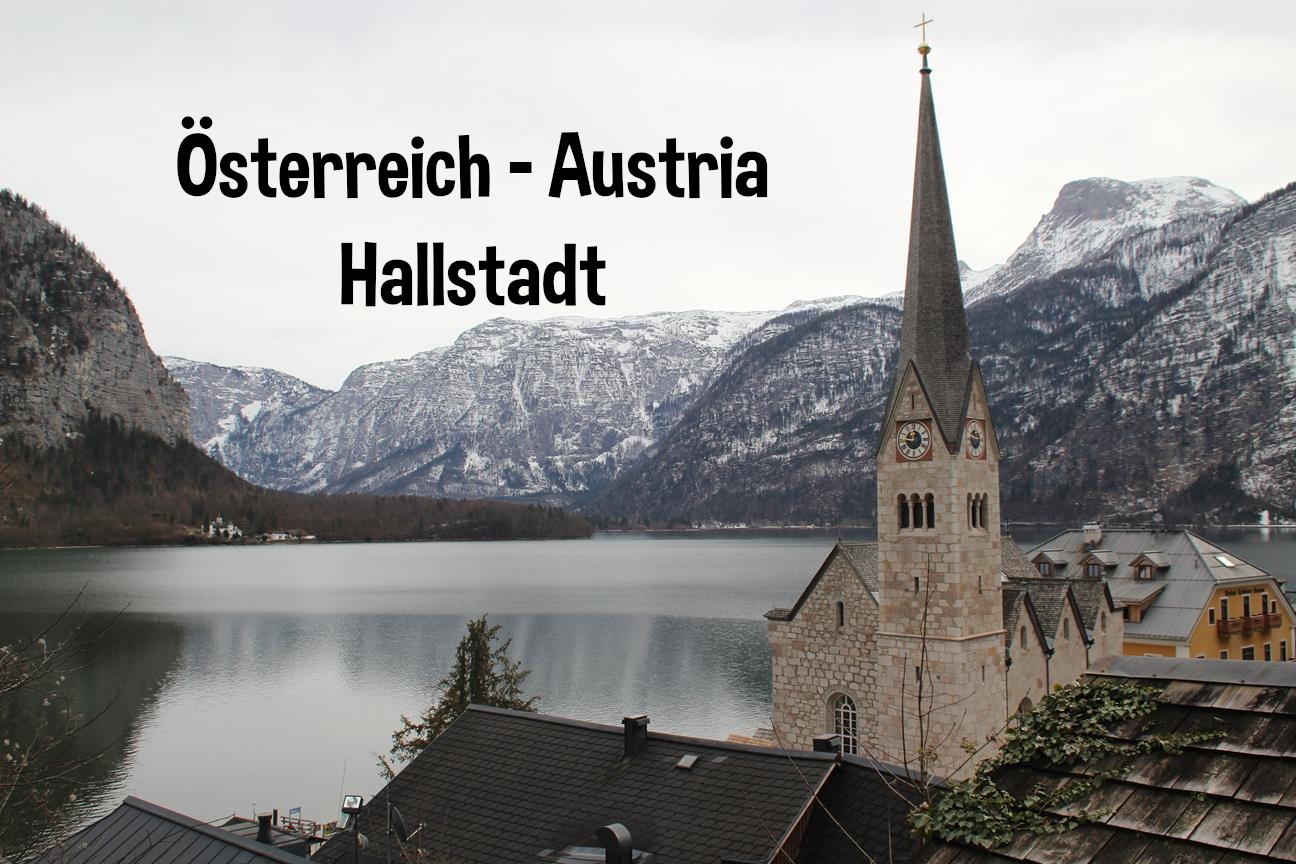
Austria – Hallstatt
1. May 2021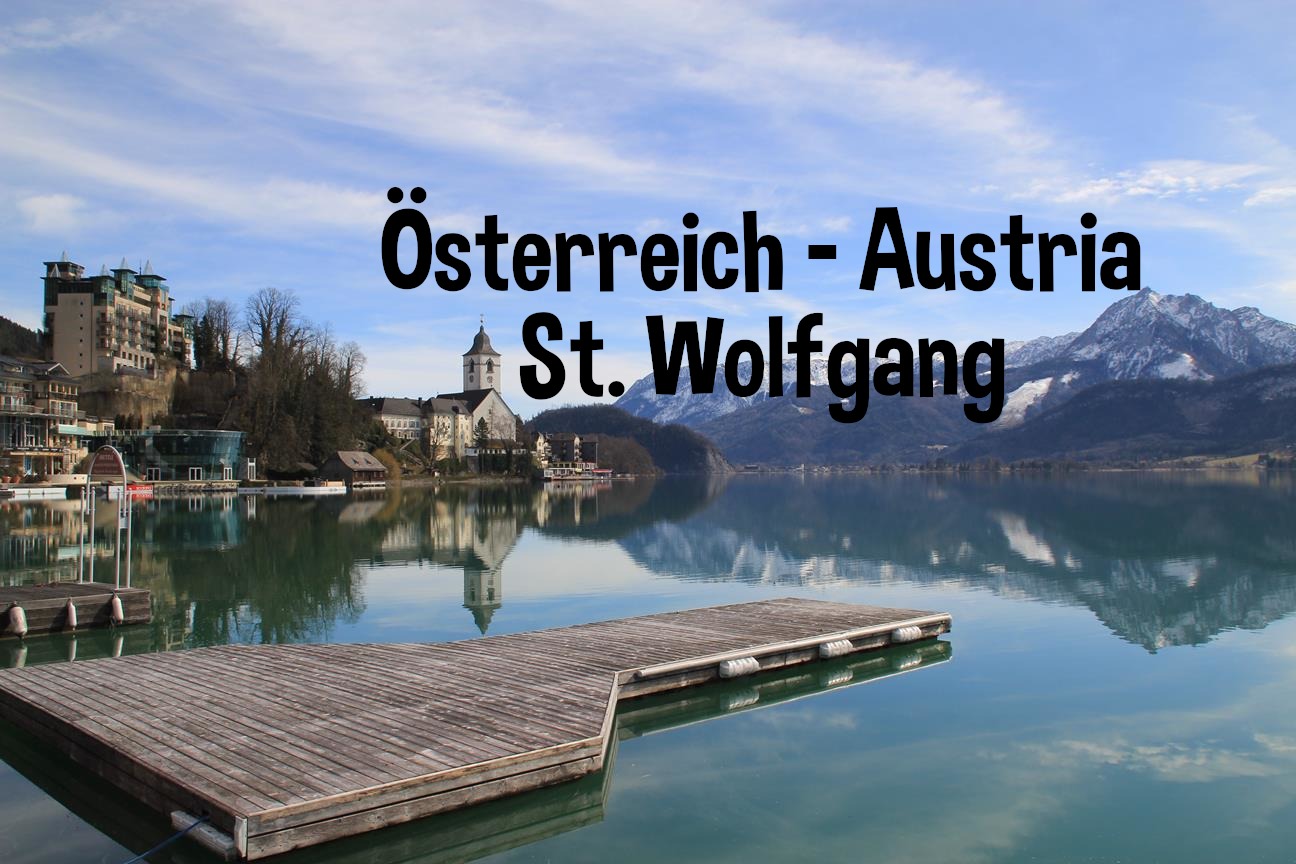
Österreich – St. Wolfgang
2. May 2021Hallstatt
Hallstatt ist eine kleine Gemeine im österreichischen Salzkammergut mit fast 800 Einwohnern, die jährlich Besuch von etwa 700.000 bis 900.000 Touristen bekommen. Die Gemeinde und Region an und um den Hallstätter See gehören zum UNESCO-Weltkulturerbe und sind eine von nur 20 Welterbestätten, die gleichzeitig den Titel Natur- und Kulturerbe tragen. In Hallstatt gibt es neben der Pfarrkirche Mariä Himmelfahrt (eine der schönsten Kirchen, in denen ich je war) das weltweit einzigartige Beinhaus.
Allerdings hatte es bei unserem Besuch, wie viele der Attraktionen, nicht geöffnet. Die Geschichte dahinter und den Umgang mit den Verstorbenen finde ich allerdings inspirierend: Aus Platzmangel wurde bzw. werden etwa 20 bis 30 Jahre nach dem Tod eines Menschen die Gebeine exhumiert, gebleicht und geschmückt: Auf der Stirn stehen neben dem Geburts- und Sterbedatum der Name des Verstorbenen, verziert mit gemalten Kreuzen, Blättern und Blumen. Das variiert je nach Epoche des Bemalens und ist die weltweit größte Sammlung dieser Art.
Eine schöne Reflexion
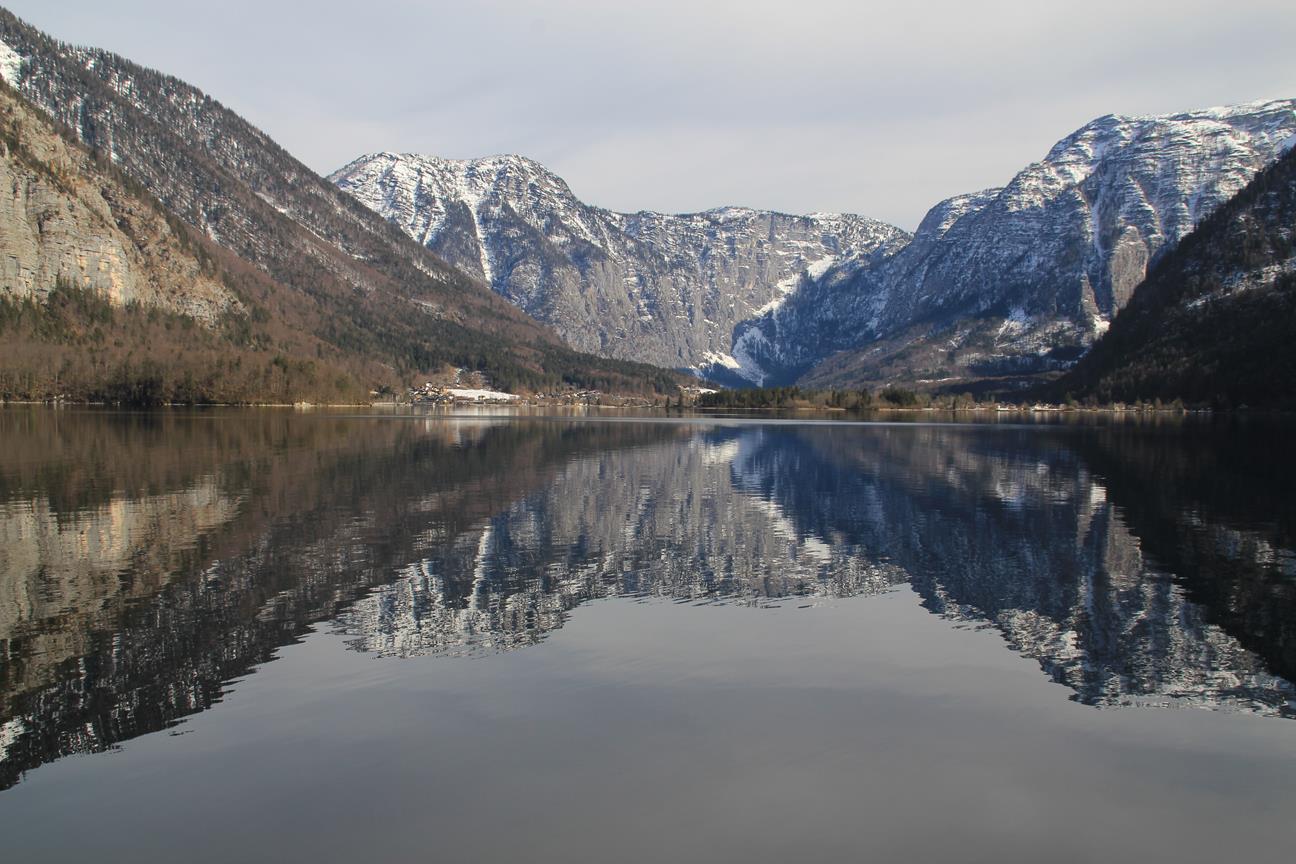
Souvenirs
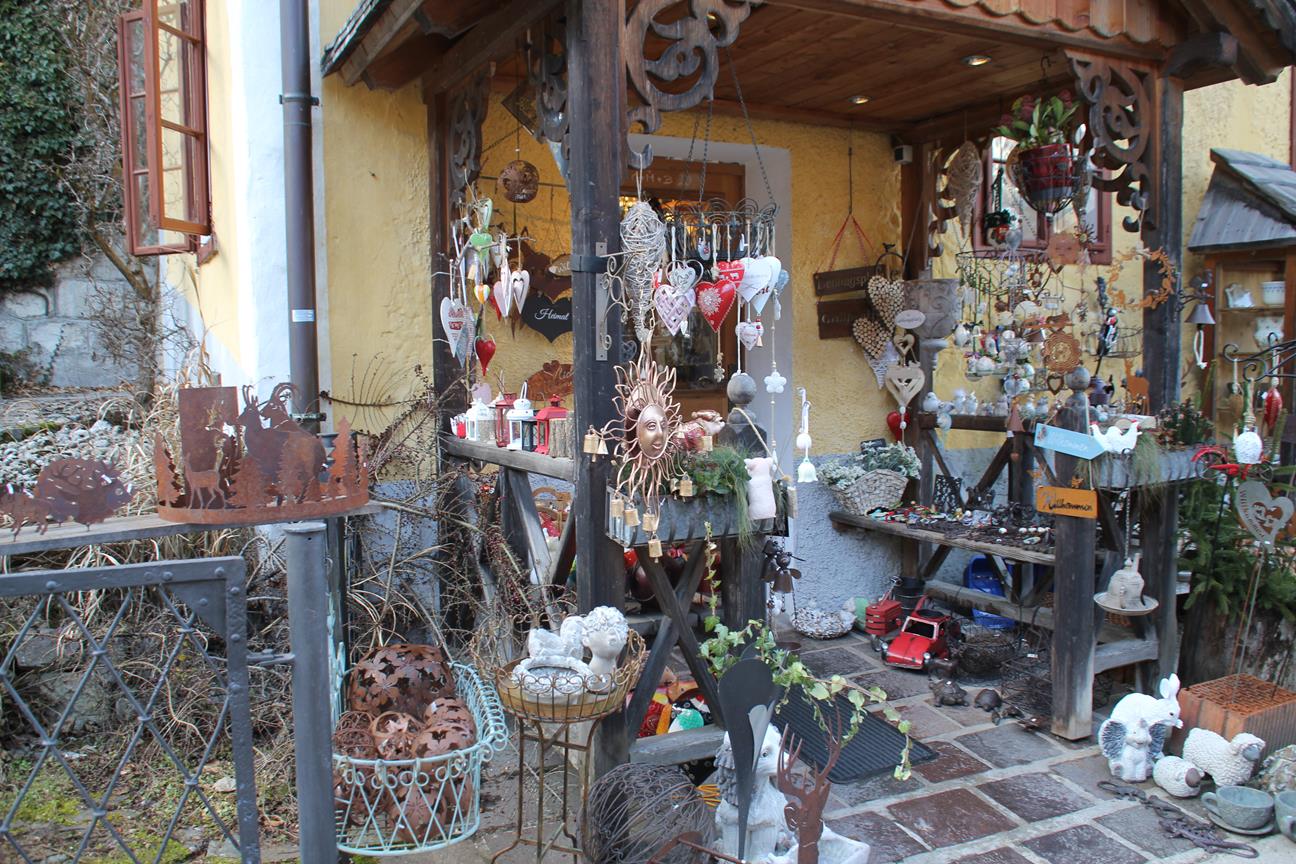
Der Blick nach Norden
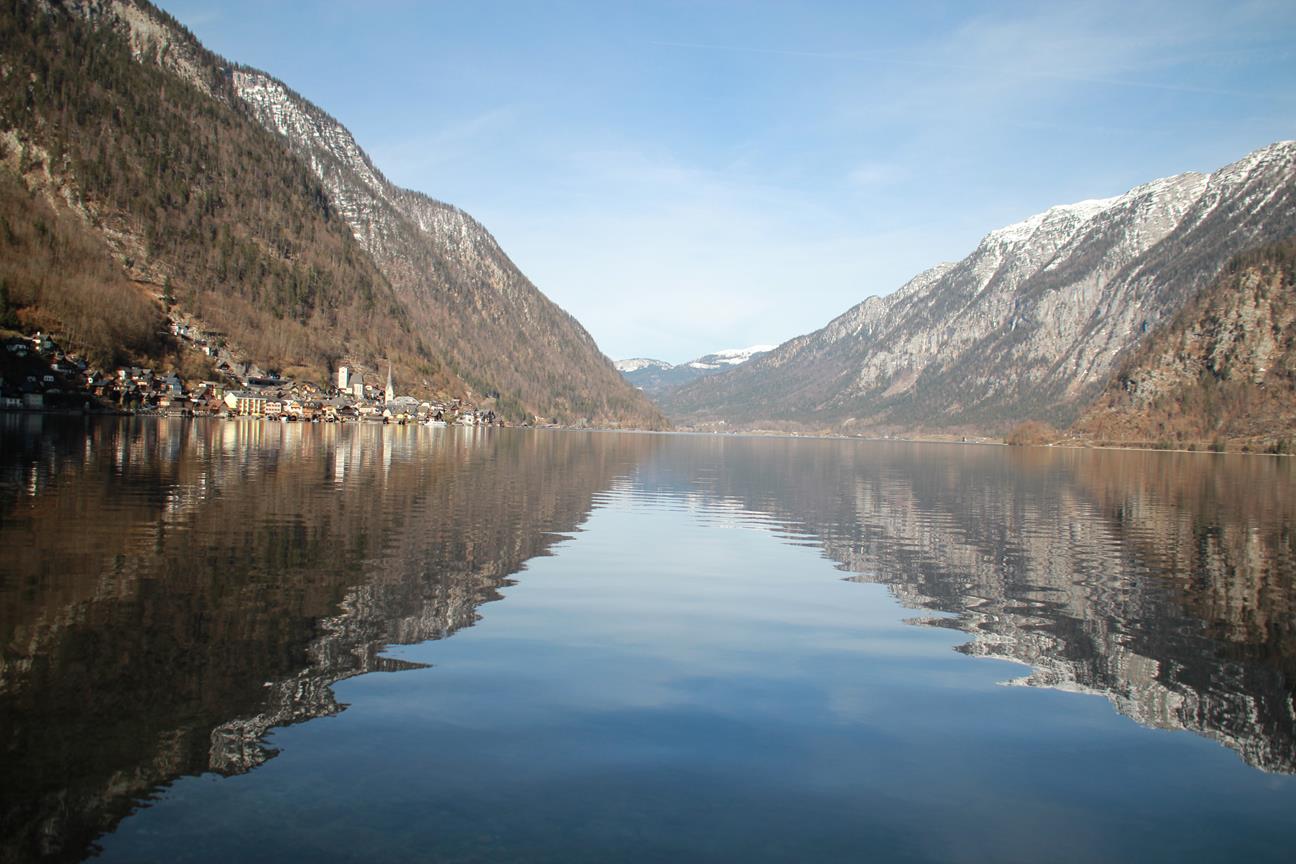
Pandemie – wenig los
Wir waren im März 2020 vor Ort, genau zu Beginn der Corona-Pandemie in Europa. Das Virus war damals (ich schreibe diese Zeilen Anfang April 2021) noch weit weg. China hatte schon ein Ausreiseverbot, weswegen kaum Touristen unterwegs waren. Die Züge nach Hallstatt, die (aus Erzählungen) immer proppenvoll sind, waren kaum besetzt und auch sonst konnte man gemütlich durch die engen Gassen schlendern.
Die Einheimischen erzählen, dass es für gewöhnlich großes Gedränge in den Straßen herrscht, dass man keinen Platz in keinem Restaurant oder Café bekommt und das die Touristen sich teilweise äußerst schäbig verhalten: Privatgrundstücke und Häuser betreten, laut sind und viel Müll aber vergleichsweise wenig Geld hinterlassen.
Uns wurde übrigens folgender Grund für den Massentourismus aus Asien mitgeteilt: In einer sehr beliebten chinesischen Soap-Opera hält der Hauptdarsteller in Hallstatt um die Hand seiner Frau an. Aus diesem Grund wurde Hallstatt inzwischen spiegelbildlich in China nachgebaut. Es ist seitdem quasi normal, dass man für den Heiratsantrag in die nachempfundene Version der Stadt fährt und die Flitterwochen im Original verbringt. Inwiefern das stimmt, konnte ich allerdings nicht überprüfen.
Der Blick vom Bahnhof auf die Gemeinde, das Boot zur Überfahrt sieht man rechts

Die Überfahrt vom Bahnhof nach Hallstatt
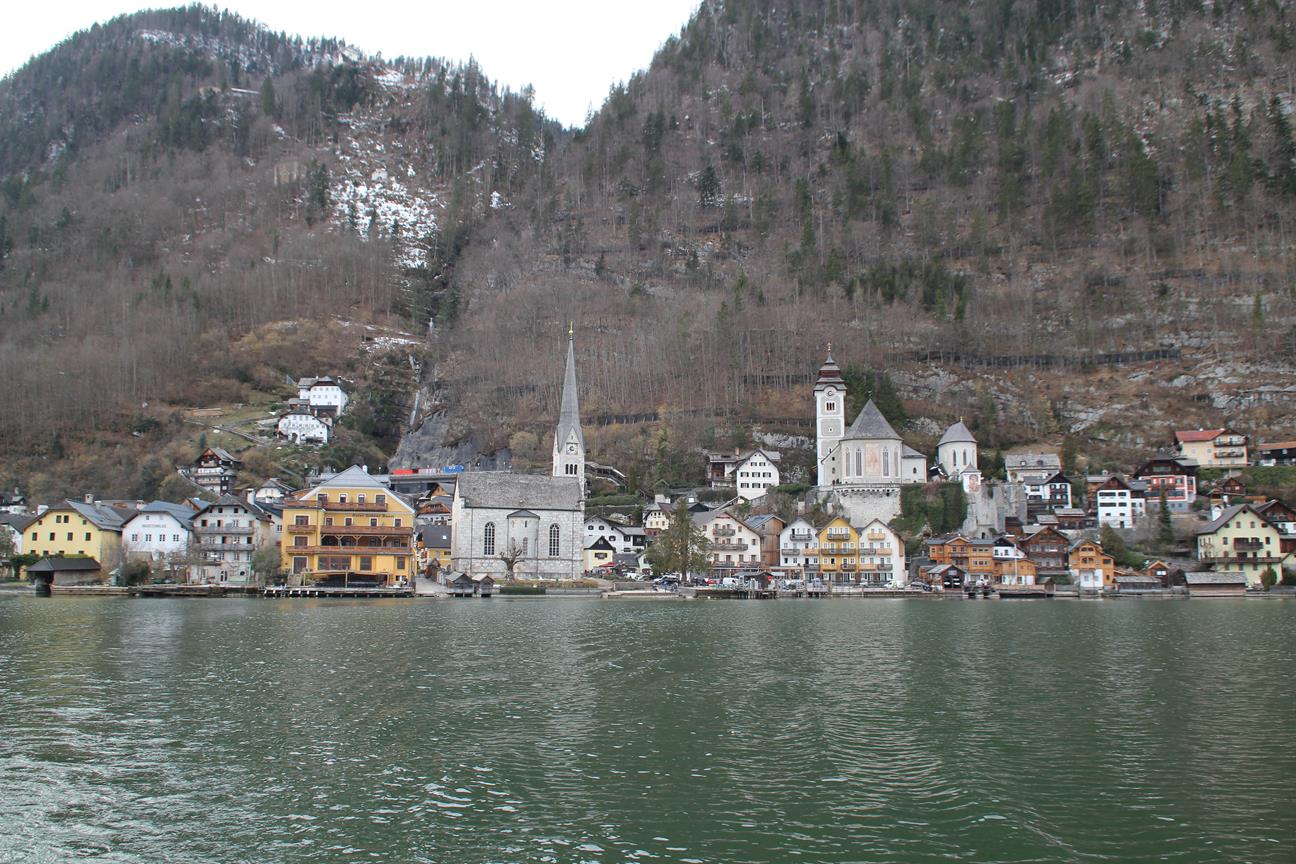
Das Schloss Grub
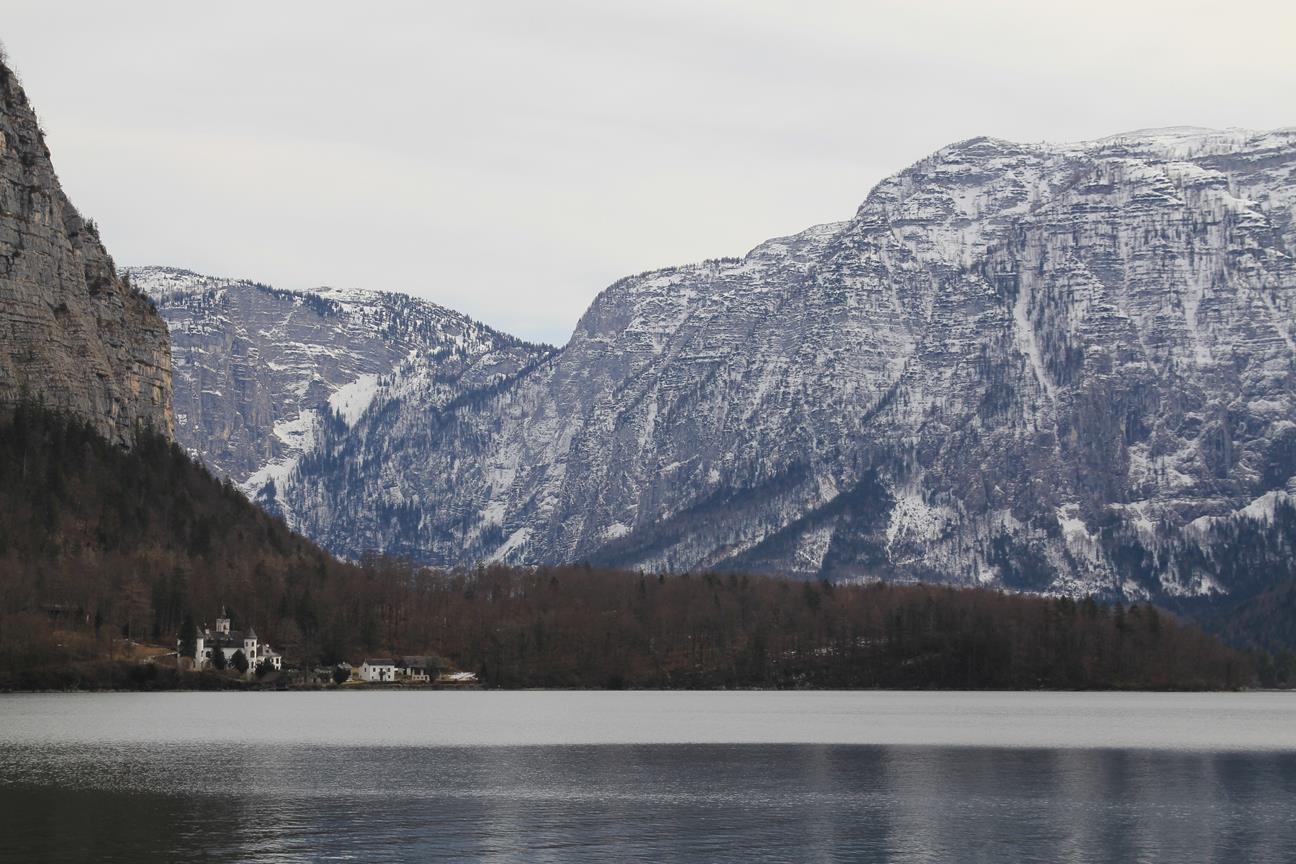
Der Hallstätter Friedhof – einer der schönsten, die ich je gesehen habe
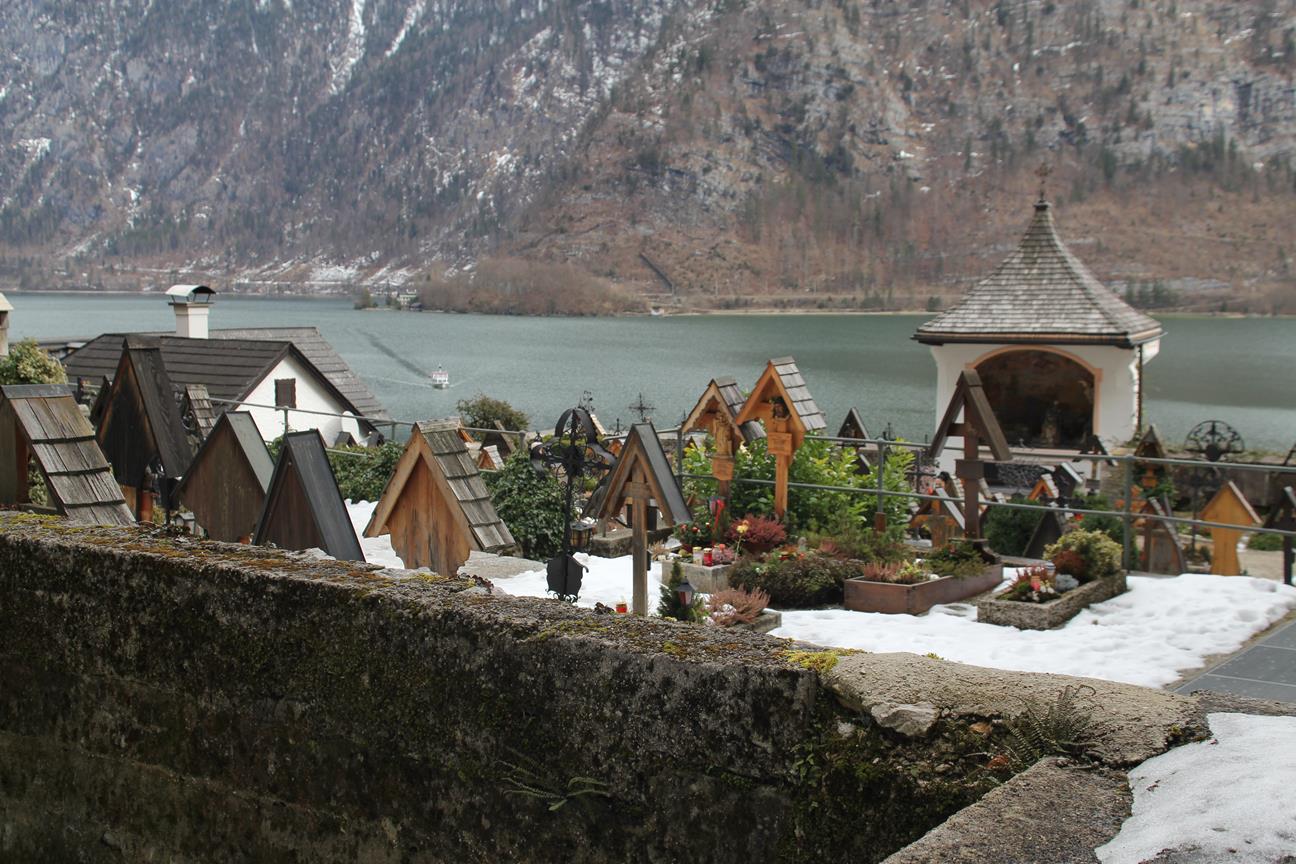
Tes und ich
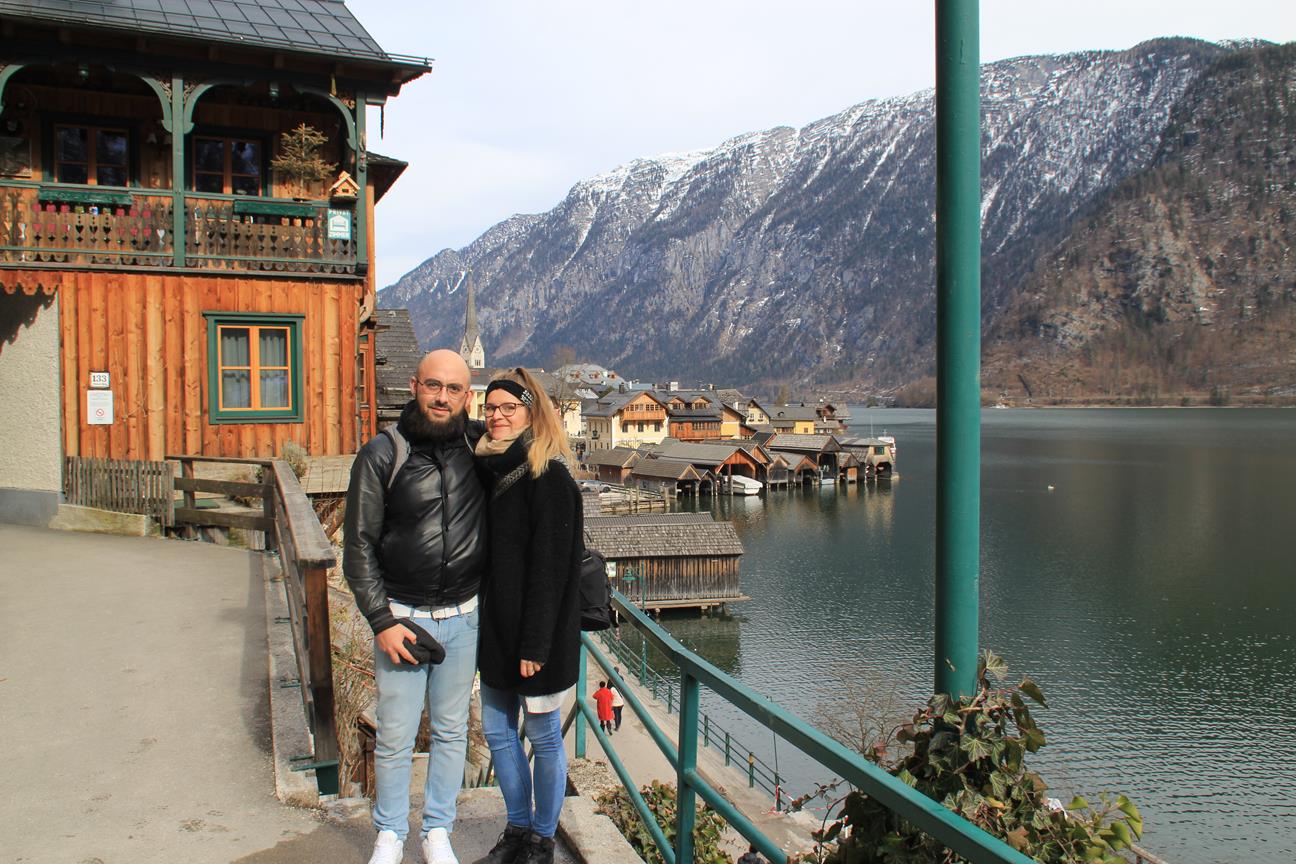
Mir gefällt die Aufmachung
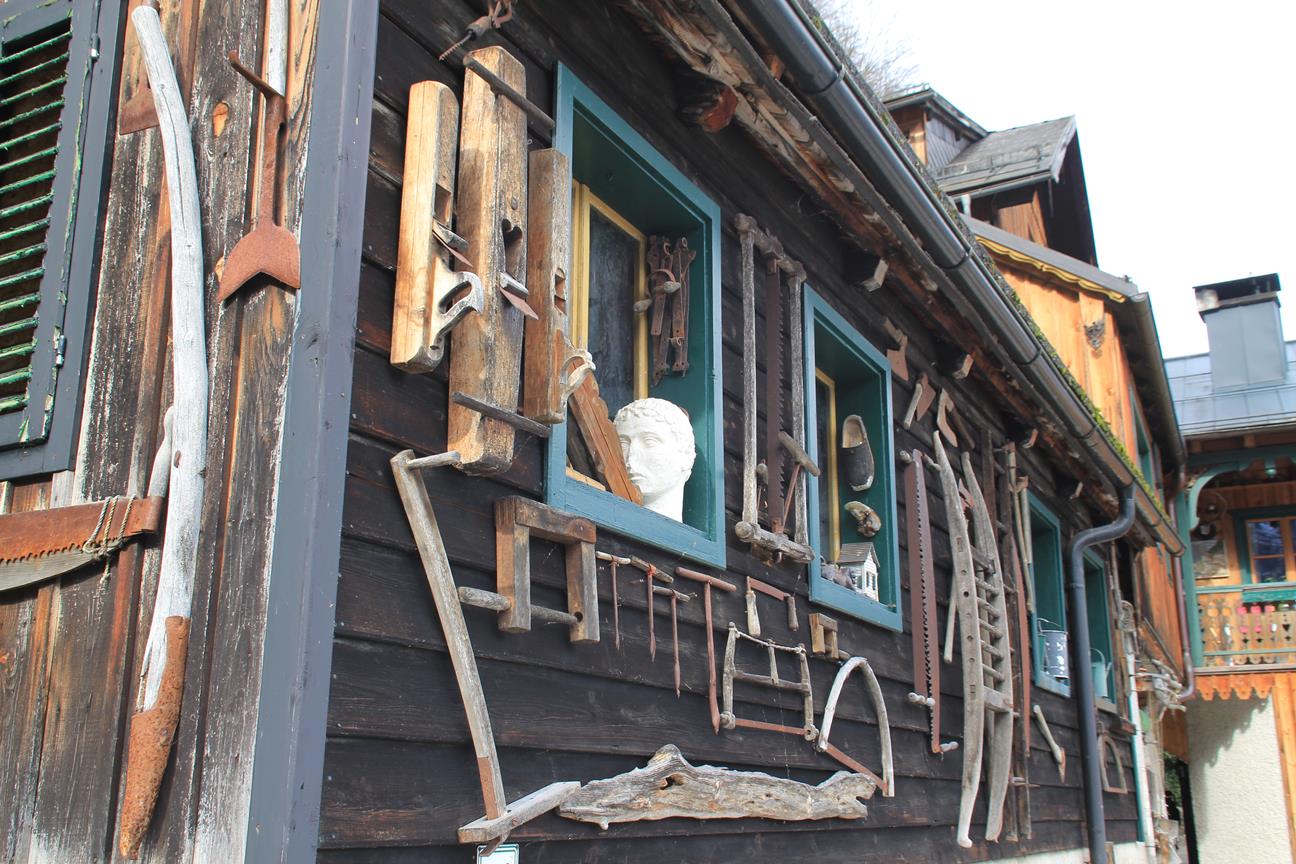
Im Sommer wird hier gebadet – die Badeinsel

Einer der vielen Schwäne
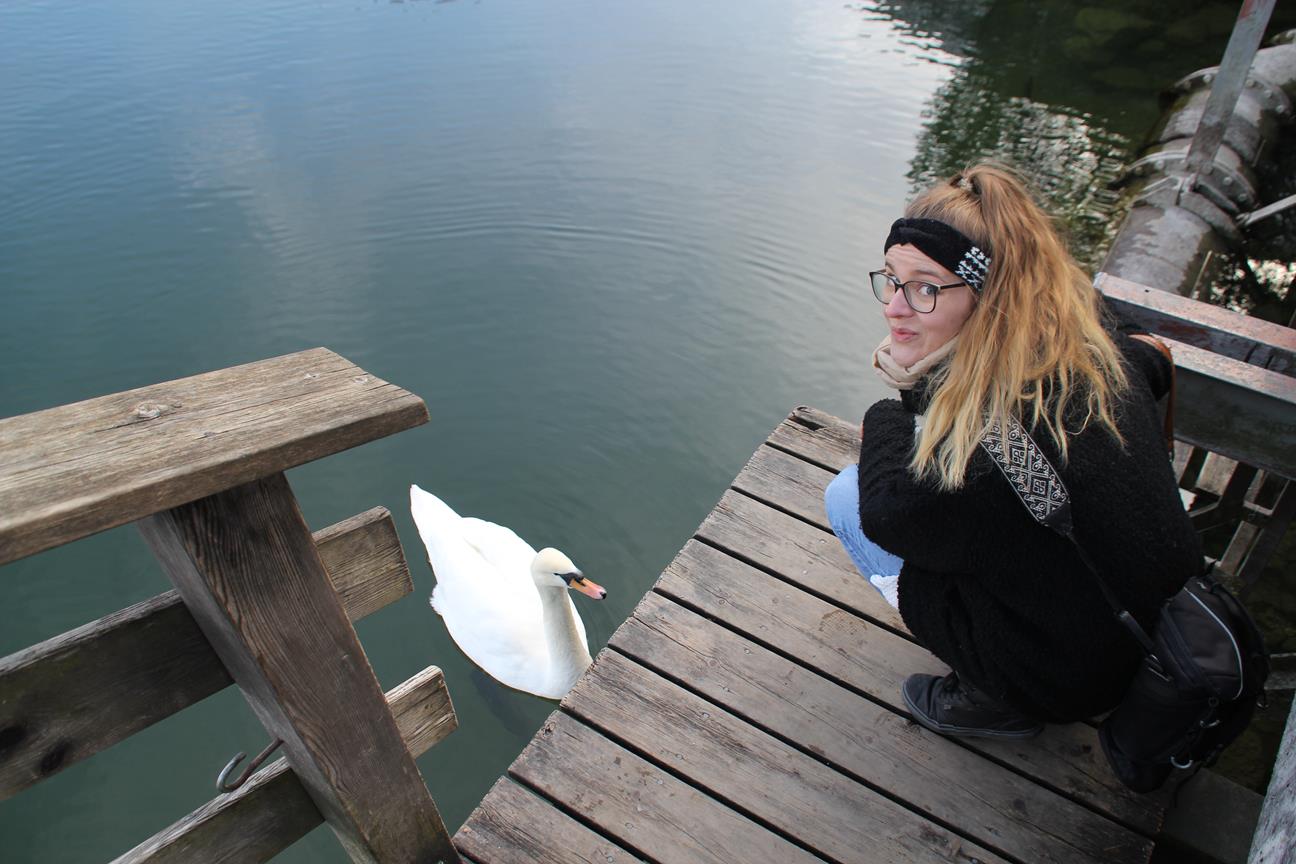
Ich mache oftmals mehrere Fotos mit minimal veränderten Details …

… wie mit dem Gedenkstein von Franz Josef I
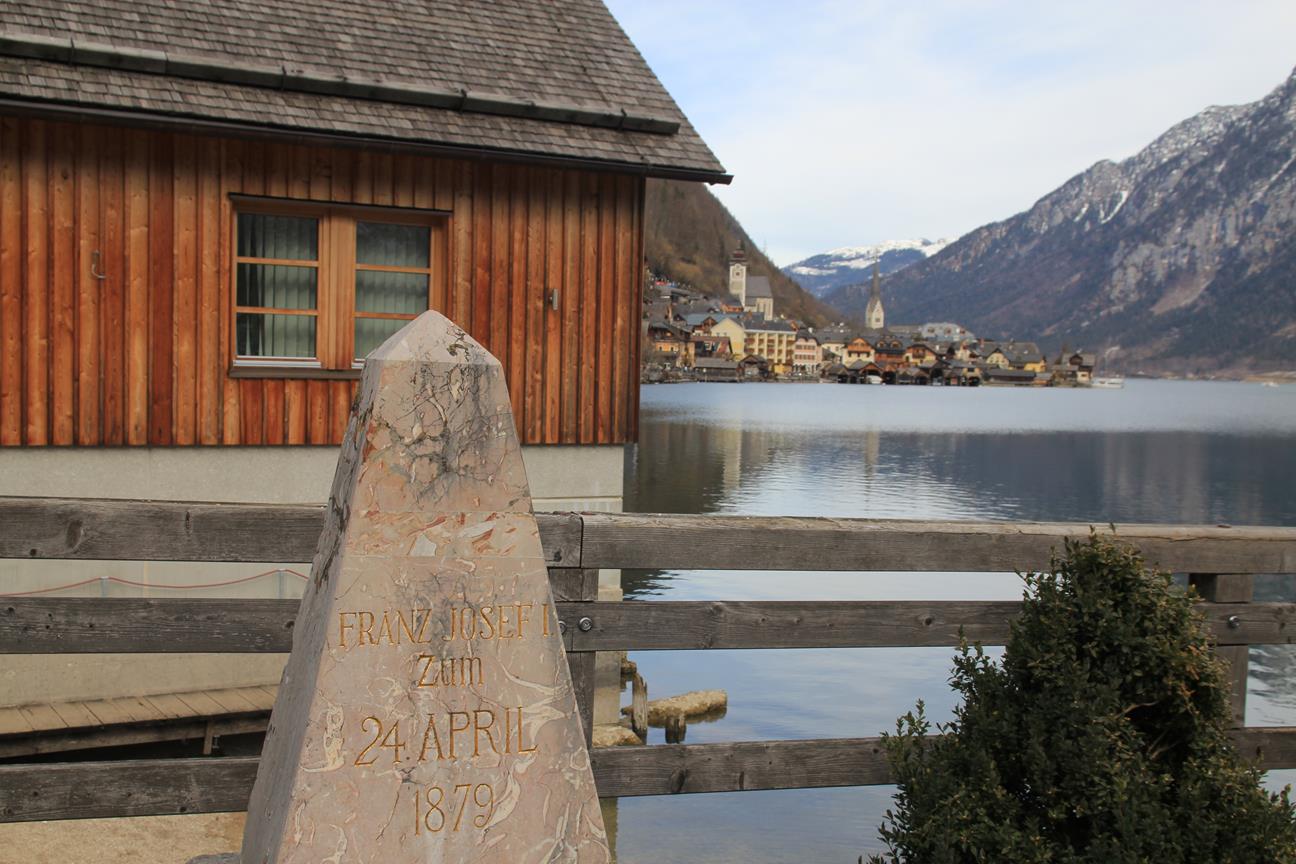
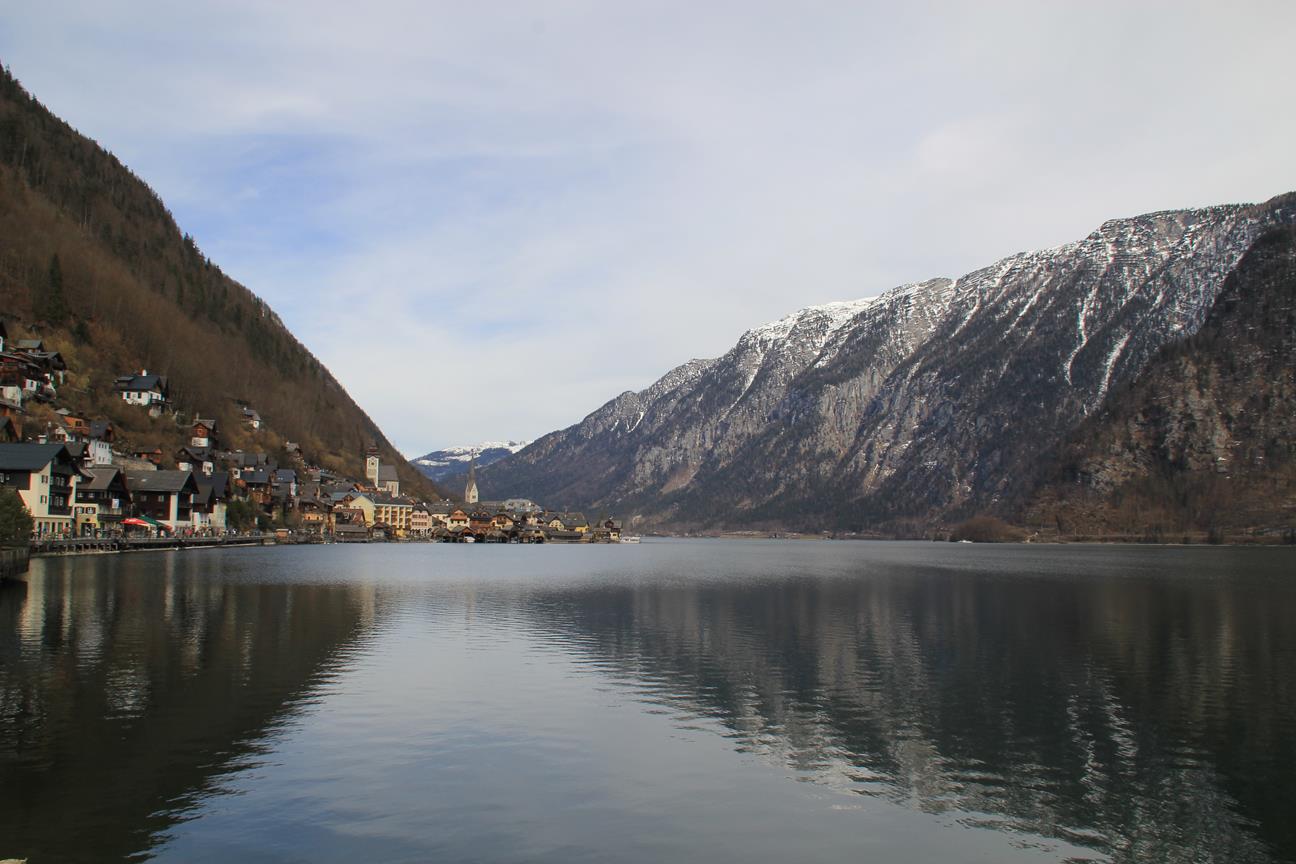
Übertourismus führt zu solchen Schildern
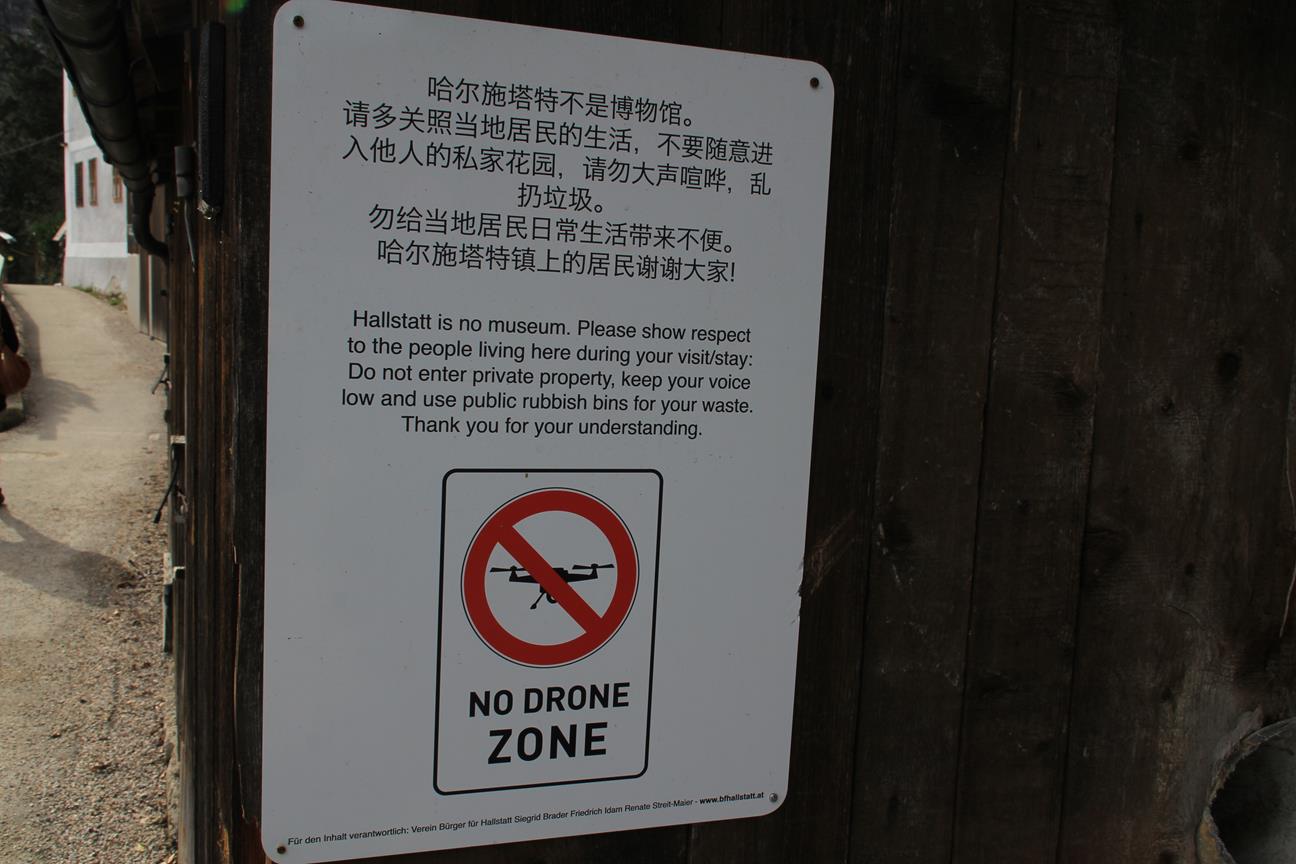
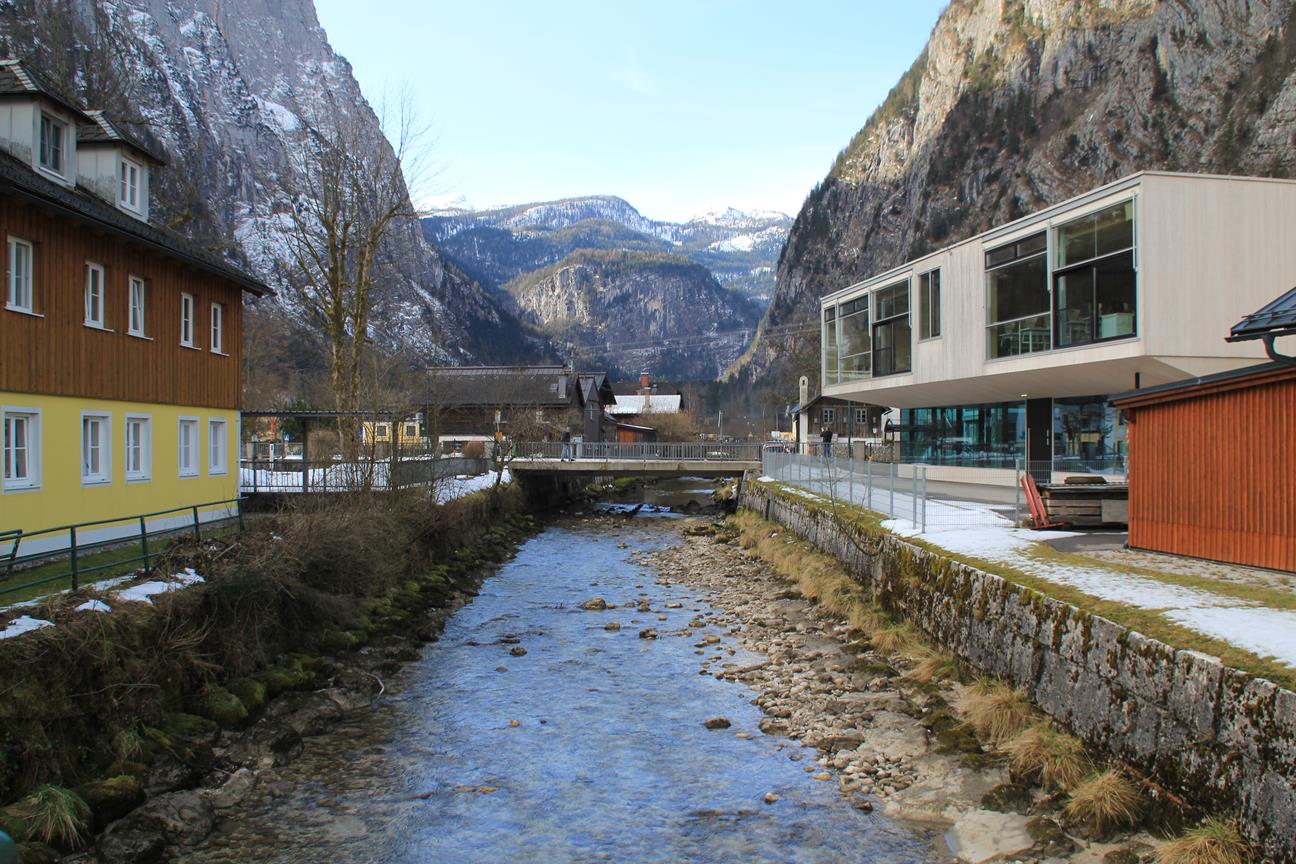
Andere Touristenziele in der Nähe
In Hallstatt findet man neben der Salzwelt, der Treppe ins Nichts, einigen Kirchen und dem Museum noch viele andere schöne Dinge, die einen Ausflug bzw. eine Wanderung wert sind. Wir waren damals allerdings zum falschen Zeitpunkt vor Ort und konnten kaum eine der Attraktionen besuchen. Persönlich hätte ich den Dachstein und die in der Nähe befindlichen Dachsteinhöhlen (Die Rieseneis- und die Mammuthöhle) am liebsten gesehen. Das wird einfach später nachgeholt. Hier noch einige weitere Bilder aus dem wunderschönen Ort:
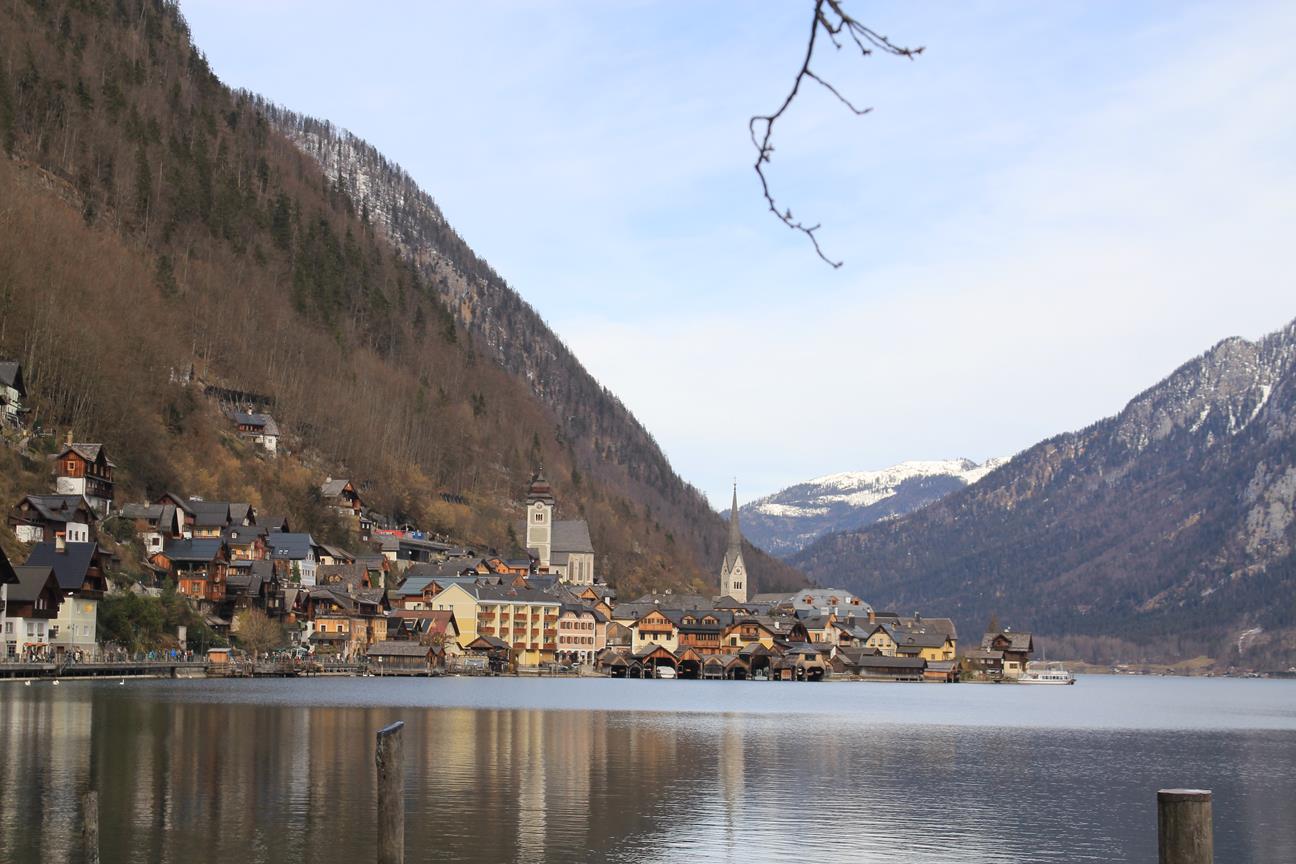
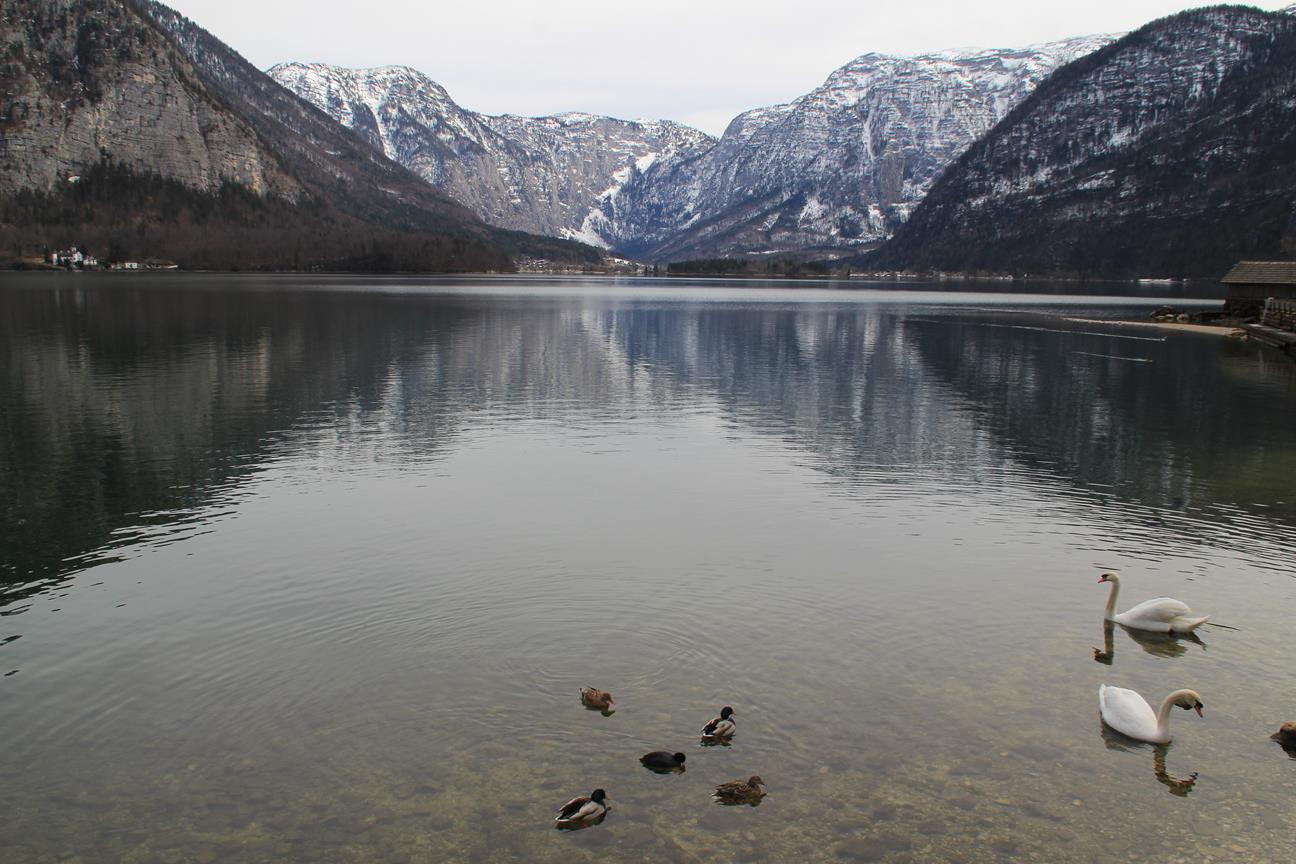
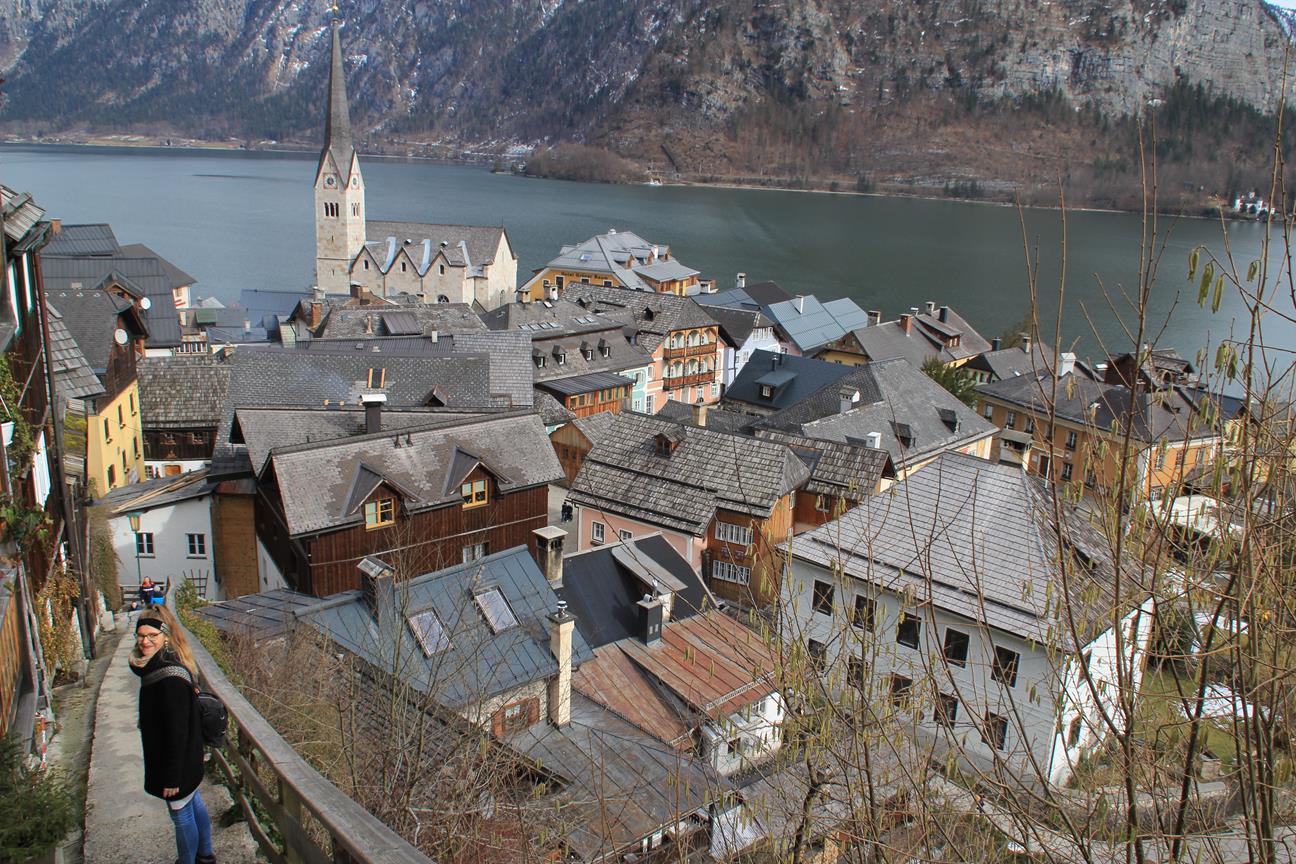
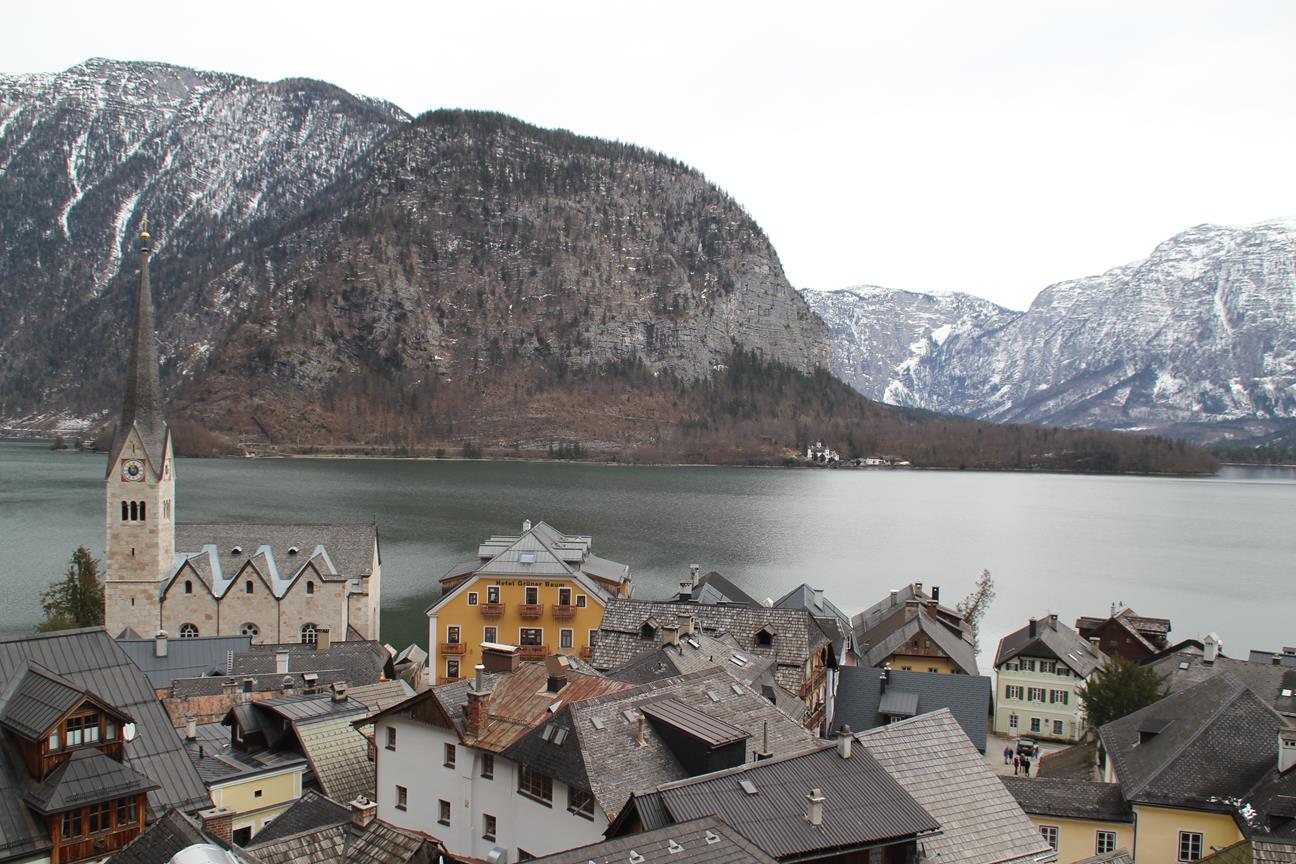
Der Zugang zum Beinhaus
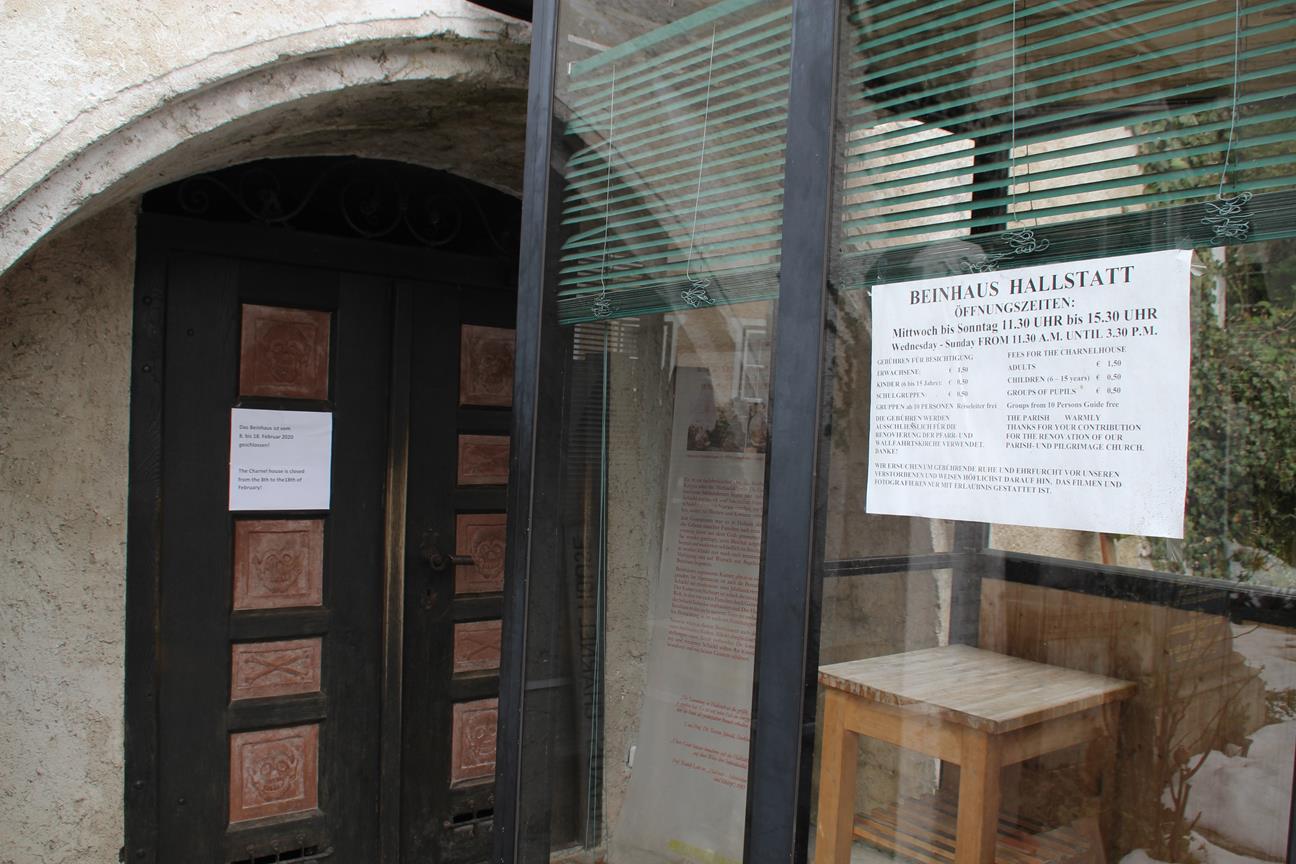
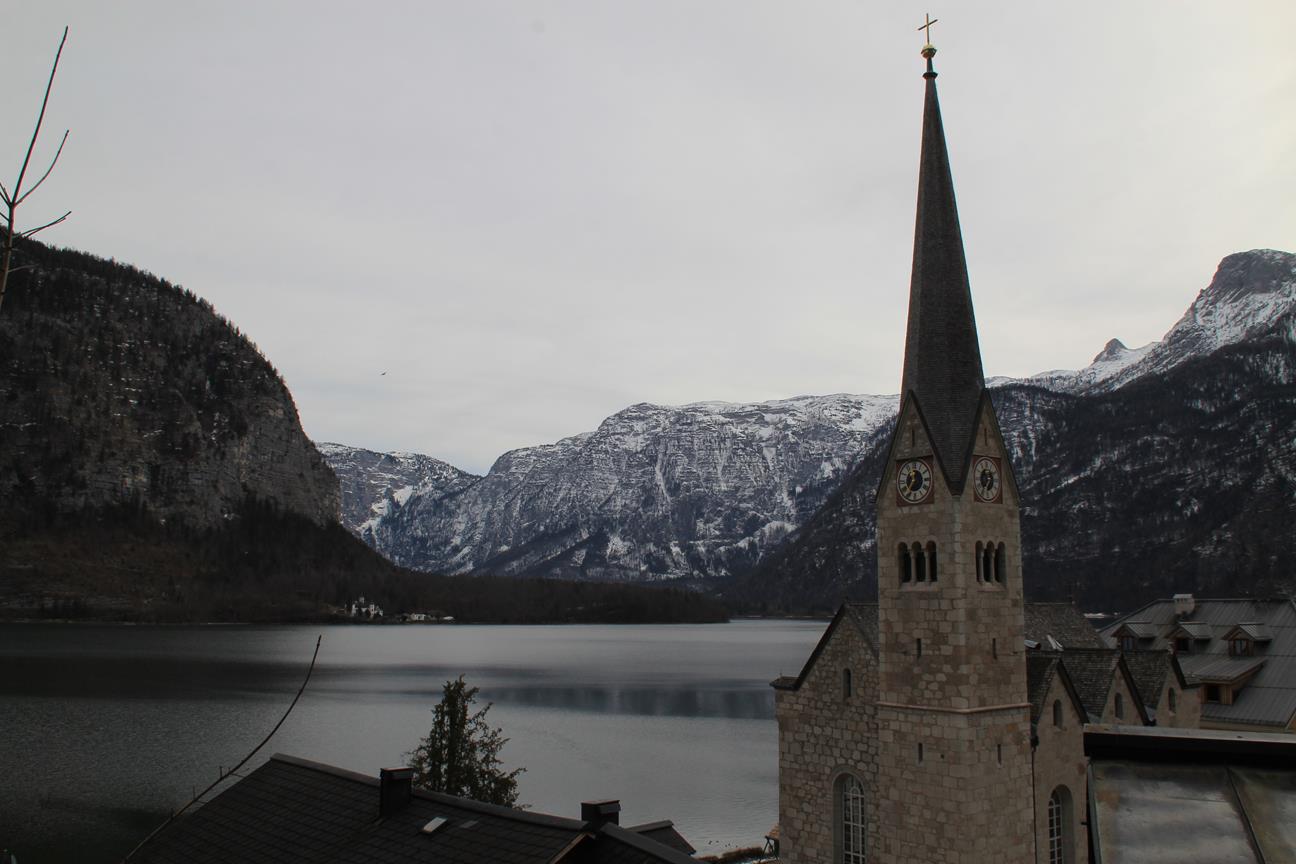
Die engen Gassen
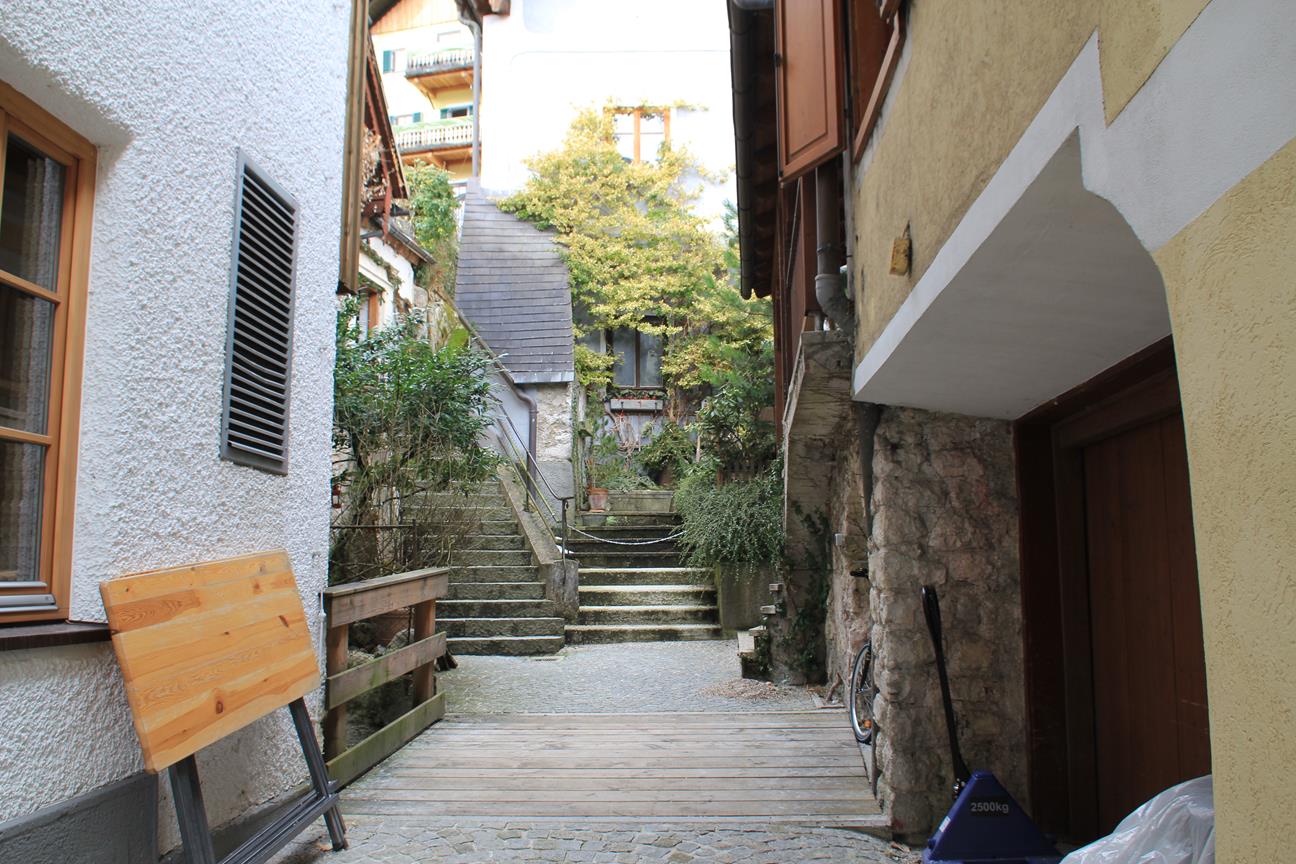
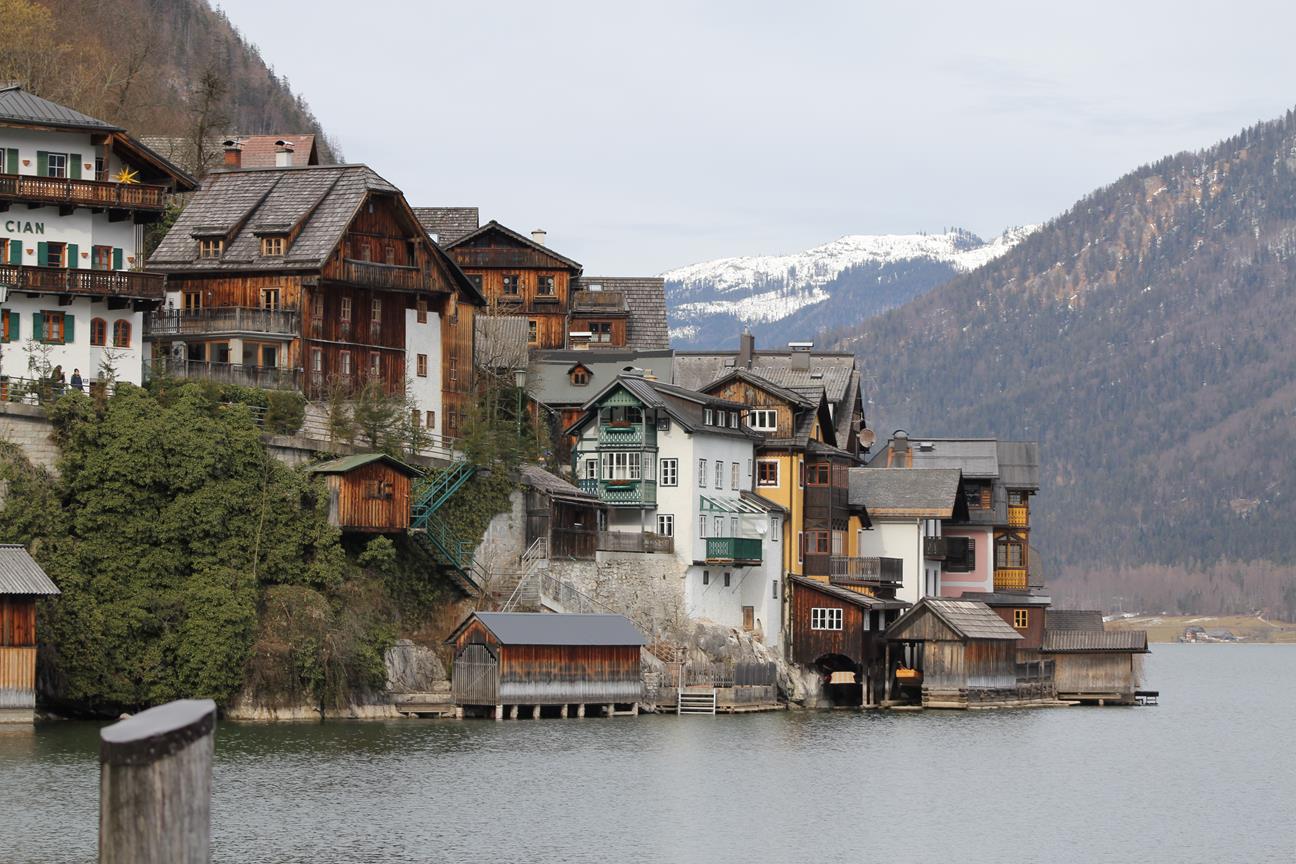
Das bring mich zum Schmunzeln: HawHai; DubHai; HaiTech; HaiRaten
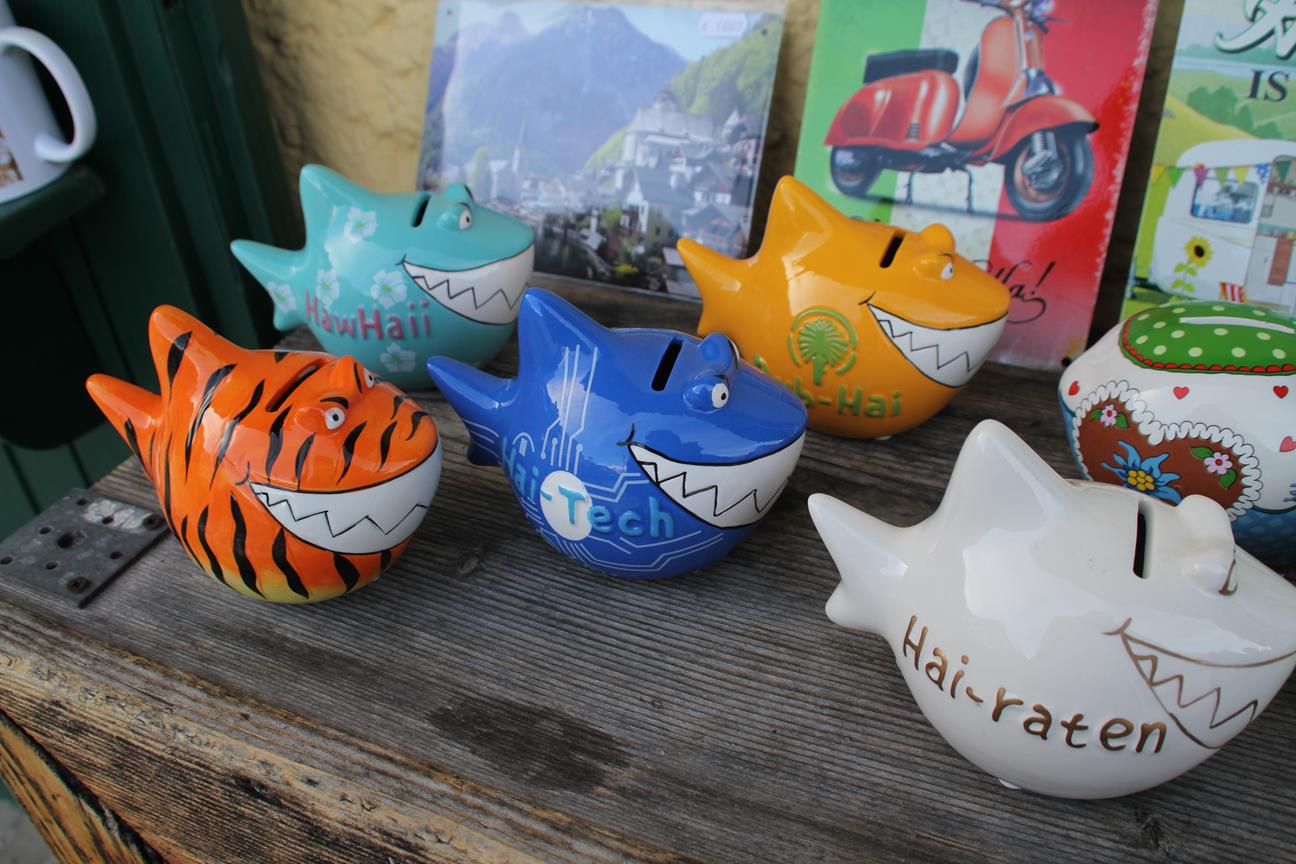
Es war wirklich wenig los
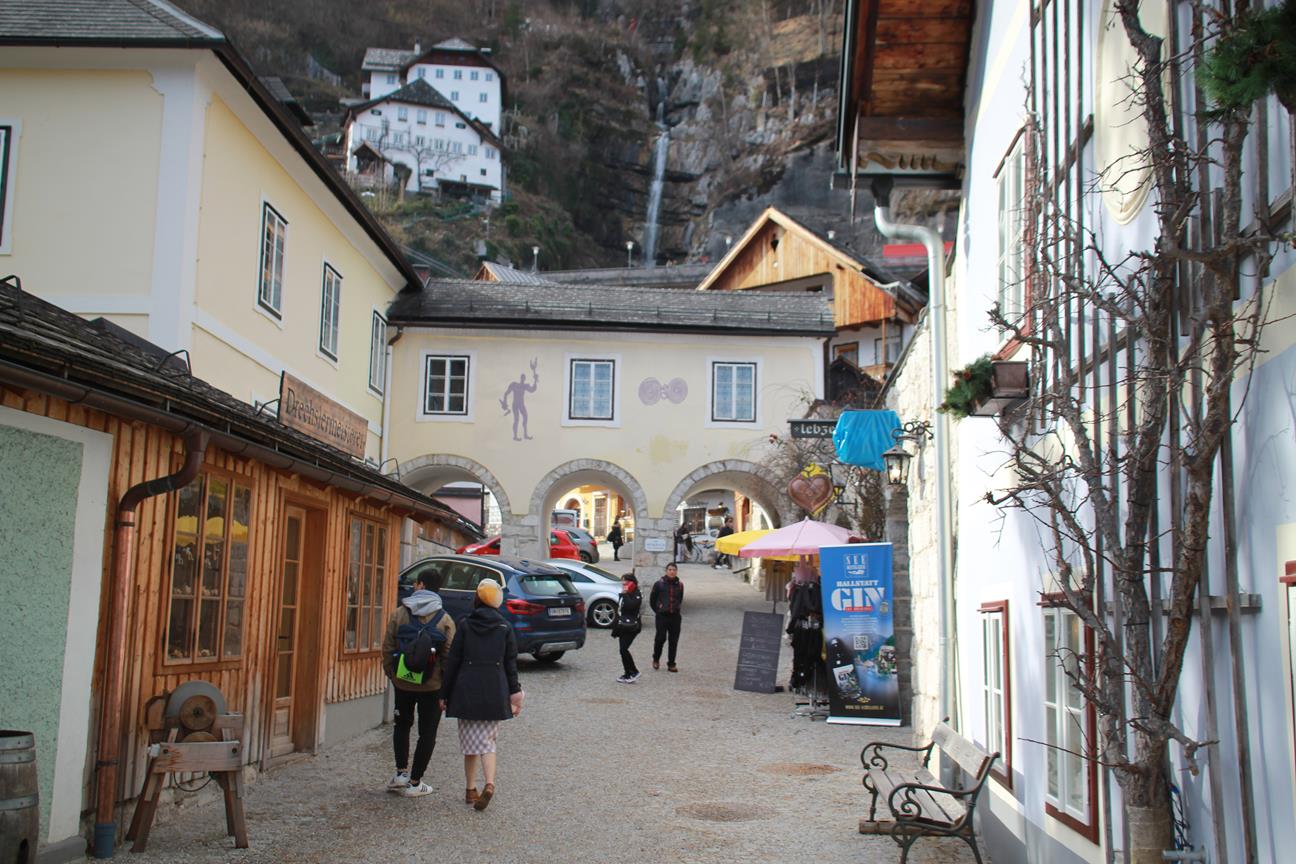
Neben Hallstatt waren wir in der kurzen Zeit im Salzkammergut noch in Linz, Gmunden und St. Wolfgang. Klickt einfach auf die Ortsnamen, um zum jeweiligen Beitrag zu gelangen.
C-L

